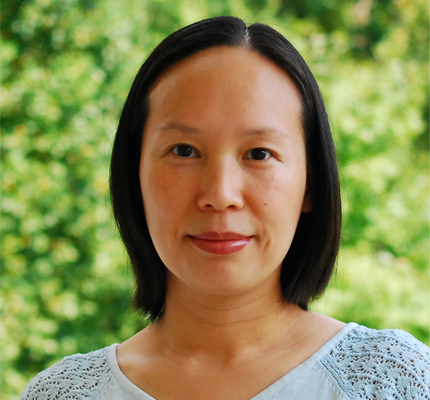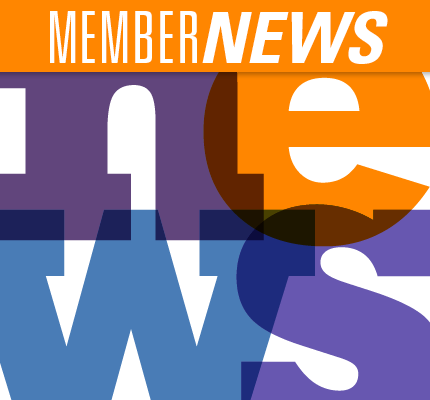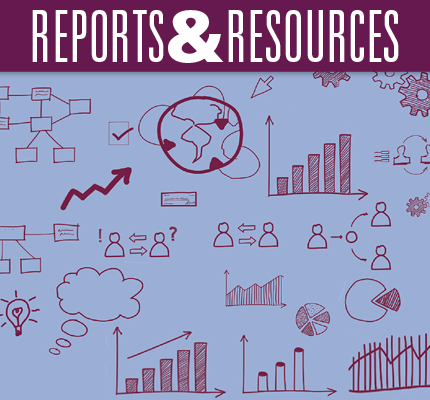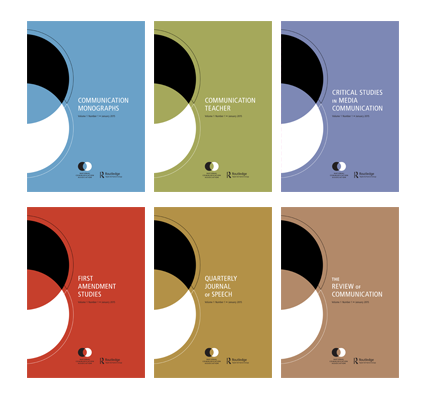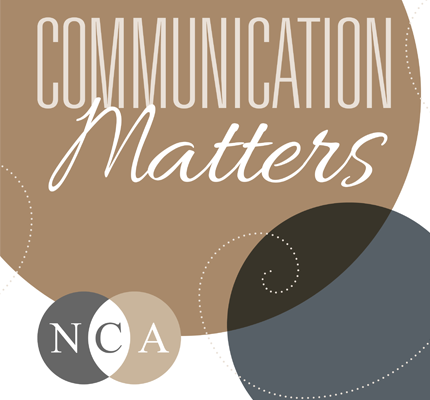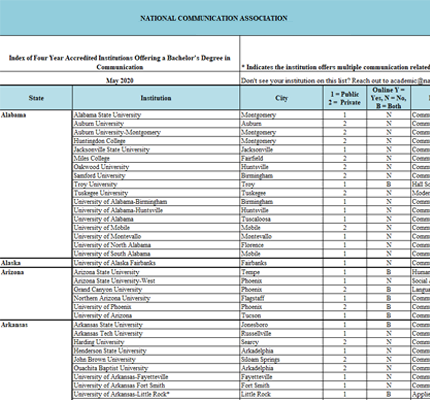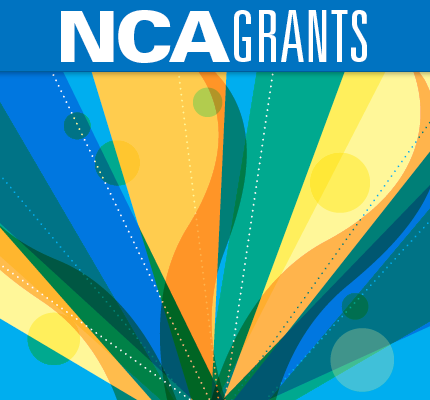September 3, 2020
ECA
2021 Eastern Communication Association Conference
Hyatt Regency Cambridge, Massachusetts
Wednesday, March 24 – Sunday, March 28, 2021
Resilience
Submission Deadline: October 15, 2020, 11:59 p.m. (PST)
Our vision for the 2021 ECA conference in Cambridge, Massachusetts, is to engage “Resilience” thoughtfully as a persistent response to overcoming obstacles, thriving despite challenges, and adapting to an ever-changing global landscape. As we are embedded in a historical moment marked by “wicked problems,” we look forward to the opportunity to explore resilience for global communities and share possibilities for teaching, research, civic engagement, as well as in our professional and personal endeavors. We recognize that inherent within resilience are conflict and struggle. However, from this discomfort, resilience brings a power and a responsibility to share with the larger global community.
As we respond to global concerns ranging from climate change and terrorism to concerns within higher education and our discipline, we find resilience in ways that attend to both the community and the individual. Despite the challenges we face in our classrooms, on our campuses, and in the world, we have a choice to preserve what is available and find opportunities for growth.
Viewed as a symbol of American culture and history, our conference location, Cambridge, stands as an icon of resilience. Prior to the colonial era, this region was home to the Algonquin people, who cultivated the land of the well-watered region that was conducive to growing their crops. The tribe’s resilience allowed them to nurture the land while facing disease and tribal warfare. When 700 Puritans arrived in 1630, they developed a thriving community and in 1638 renamed the town after Cambridge, England.
Cambridge is part of the Greater Boston area of Massachusetts and is situated on the North Bank of the Charles River. Known as the “City of Squares,” Cambridge is home to fine dining, eclectic shopping, theaters, museums, and historical sites.
Some historical milestones include the following:
- Cambridge is considered the birthplace of the American Revolution.
- Cambridge is home to Harvard, the oldest institution of higher learning in the United States, which held its first commencement in 1642.
- The first Massachusetts Constitutional Convention met in Cambridge in 1779–80.
- Cambridge was the site of the first printing press and the first books printed in America.
- Cambridge is home to the first and most complete public transit system.
- Cambridge was one of the first places to integrate schools.
- Cambridge’s Main Street was once referred to as Confectioner’s Row, featuring candies that we know as Junior Mints, Charleston Chews, Sugar Daddies, and NECCO wafers.
- Cambridge was the site of the first Fig Newtons that were made in 1891.
Our Cambridge convention and the “Resilience” theme encourage us to learn from what the city has to offer Communication scholars. We invite ECA interest groups and members to develop programming for the 2021 convention that focuses on “Resilience” across communication contexts and the ways that we…
Share Resilience
Communicate Resilience
Foster Resilience
Initiate Resilience
Find hope in Resilience
Inspire Resilience
Make sense of Resilience
Celebrate Resilience
Critique Resilience
Learn Resilience
Our hope is that through the conference experience, we will contribute to the ongoing “Resilience” conversation and reveal our persistence as we respond to the challenges of the 21st century.
Amanda G. McKendree
First Vice President
University of Notre Dame
amckendree@nd.edu
Conference Planning in Uncertain Times
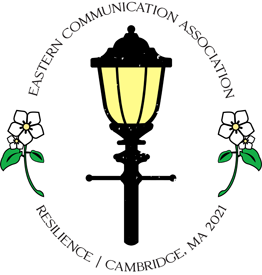
In the spirit of our 2021 conference theme, “Resilience,” we are moving forward with planning an in-person conference. The uncertainty of the months ahead also requires that we explore virtual options for conference attendees.
Here’s where we’re at in the planning process:
- Exploring options for virtual conference platforms.
- Developing a survey to assess the needs and preferences of the ECA community.
- Securing advertisers and sponsors for digital and print opportunities. Thanks to our sponsors who have transferred their 2020 contribution to the 2021 conference. For more information, please contact Director of Sponsorships, Matt Mancino, at mattmanc@iu.edu.
We hope that you are looking forward to re-connecting with ECA friends and colleagues in March 2021. Please reach out to Amanda McKendree, Primary Convention Planner, with any questions (amckendree@nd.edu).
Eastern Communication Association
James C. McCroskey and Virginia P. Richmond
Undergraduate Scholars Conference
Submission Deadline Dates: December 11, 2020, 11:59 p.m. (EST)
ECA 2021: Resilience
Cambridge, Massachusetts
Wednesday, March 24 – Sunday, March 28, 2021
(Note: This deadline enables fall semester preparation)
With questions, email: eca.usc2021@gmail.com
Call for undergraduate submissions:
We invite you to attend and present at the 11th annual James C. McCroskey and Virginia P. Richmond Undergraduate Scholars Conference (USC), to be held concurrently with ECA’s 112th annual convention. USC events are typically scheduled from Thursday through Saturday and include paper, panel, and poster presentations in addition to a dinner/awards ceremony. The 2021 USC will focus on the convention theme, Resilience. Resilience can be thought of as our ability, as individuals and larger communities, to adapt, recover, or “bounce back” in the face of adversity. The USC invites submissions that focus on Resilience across communication contexts and the ways that we share, communicate, foster, initiate, understand, inspire, celebrate, critique, learn, and fine hope in resilience.
This is an exciting opportunity to showcase your undergraduate work, receive beneficial feedback, network with other students and scholars, and learn more about the many opportunities within the field. All submissions will be anonymously reviewed to ensure that we feature only exemplary research from undergraduate Communication students. Submissions must be free of identifying information, track changes, and track comments. Submission options are:
- Competitive Paper Presentations – This option is recommended for finished papers. These submissions will require formal presentations – authors will explain their research in a 10- to 12-minute oral presentation. Several papers will be presented together around a common theme. These presentations will be followed by a response from a Communication scholar. Due to logistical limitations, some papers may be accepted for presentation as a poster (see below). Please note that projectors will be available only if absolutely necessary (e.g., if there is an important audio/visual component of the presentation) and must be requested with submission.
- Panel Discussions – This option is recommended for topics/issues that address a timely communication issue or the convention theme where discussion is more appropriate than a single presentation. Panels incorporate several different individuals presenting papers, works in progress, or simply discussion. Panels consisting of presenters from different institutions are highly encouraged.
- Poster Presentations – This option is recommended for completed research or research in progress that would benefit from a visual display and/or where large amounts of feedback would be helpful.
In conjunction with the National Communication Association, the USC will also recognize the Lambda Pi Eta Top Paper Award. Created in 2017, the Lambda Pi Eta Top Paper Award recognizes the outstanding research of undergraduates at the regional level. The award will be presented to the Lambda Pi Eta member with the highest ranked individually authored paper at the James C. McCroskey and Virginia P. Richmond Undergraduate Scholars Conference. Although all students are invited to submit a paper to USC, only those who have been inducted as Lambda Pi Eta members prior to the submission deadline will be eligible for this award.
Guidelines for Submitting Competitive Papers
Each student can submit a maximum of two papers. Papers should be a maximum of 25 double-spaced pages, not including references and appendices, and typed in 12-point font with 1-inch margins. Times New Roman font is preferred. Papers should be written in accordance with the University of Chicago Manual of Style or APA 7th edition. The main document must be anonymized. DO NOT include any identifying author, school, faculty, or contact information. Be sure to inspect the document and remove ALL personal information from the document properties, including in files names.
The deadline for submissions is December 11, 2020, at 11:59 p.m. ECA now uses Attendee Interactive to manage submissions and reviews. Go to https://associationdatabase.com/aws/ECA/pt/sp/convention_attendee_interactive. You will be prompted to create a new User ID and Password to submit your work if you do not already have an ECA Attendee Interactive account.
When submitting, the following Attendee Interactive fields must be completed:
- Title (add the communication context of your paper in brackets at the end of this field)
- 100-150 word description (i.e., abstract) including the Professional Responsibility Statement (See below.)
- Special requests, if applicable
- Audio Visual form (Please note that projectors are available only if absolutely necessary, e.g., if there is an important audio/visual component of the presentation.)
- Main document (Must be anonymized. Accepted file types are Word and PDF.)
- Supporting documents, if applicable
Professional Responsibility Statement: In submitting the attached paper, I/We recognize that an accepted paper is considered a professional responsibility. If this submission is accepted and programmed, I/We agree to register for the ECA convention, pay fees, and present the work. I/We understand that presenters with last-minute emergencies should take all possible measures to arrange an alternate presenter and communicate their plans to both the Interest Group Planner and the ECA VP.
Additional instructions for Lambda Pi Eta members: On your cover page, please indicate that you are an LPH member, as this helps us to identify competitive submissions for LPH-specific awards.
Guidelines for Submitting Panel Discussions
Each student may submit a maximum of one discussion panel. The supporting document/s must be anonymized. DO NOT include any identifying author, school, faculty, or contact information. Be sure to inspect the document and remove ALL personal information from the document properties, including in files names.
The deadline for submissions is December 11, 2020, at 11:59 p.m. ECA now uses Attendee Interactive to manage submissions and reviews:
https://associationdatabase.com/aws/ECA/pt/sp/convention_attendee_interactive.
You will be prompted to create a new User ID and Password to submit your work if you do not already have an ECA Attendee Interactive account.
When submitting, the following Attendee Interactive fields must be completed:
- Title (should be descriptive and thematic)
- Participants (names & affiliations- these should all be students)
- Estimated attendance, if applicable
- Special requests, if applicable
- Audio Visual form (Please note that projectors are available only if absolutely necessary, e.g., if there is an important audio/visual component of the presentation.)
- Rationale (no more than 2 pages, not including references)
- Supporting documents that include titles and abstract for each paper or presentation, program copy (no more than a 75-word description of the panel) and the Professionalism Responsibility Statement (see below). (Must be anonymized. Accepted file types are Word and PDF.)
Professional Responsibility Statement: In submitting the attached proposal, I/We recognize that an accepted panel is considered a professional responsibility. If this submission is accepted and programmed, I/We agree to register for the ECA convention, pay fees, and present the work. I/We understand that presenters with last-minute emergencies should take all possible measures to arrange an alternate presenter and communicate their plans to both the Interest Group Planner and the ECA VP.
Guidelines for Submitting Poster Presentations
Each student may submit a maximum of one poster.
The deadline for submissions is December 11, 2020, at 11:59 p.m. ECA now uses Attendee Interactive to manage submissions and reviews: https://associationdatabase.com/aws/ECA/pt/sp/convention_attendee_interactive. You will be prompted to create a new User ID and Password to submit your work if you do not already have an ECA Attendee Interactive account.
When submitting, the following Attendee Interactive fields must be completed:
- Title (Add the communication context of your poster in brackets at the end of this field.)
- A one-page description (i.e., abstract)
- A detailed rationale for why your research would make an excellent poster presentation (no more than 2 pages, excluding references). (Must be anonymized. Accepted file types are Word and PDF.)
- The Professionalism Responsibility Statement (see below).
Professional Responsibility Statement: In submitting the attached proposal, I/We recognize that an accepted poster is considered a professional responsibility. If this submission is accepted and programmed, I/We agree to register for the ECA convention, pay fees, and present the work. I/We understand that presenters with last-minute emergencies should take all possible measures to arrange an alternate presenter and communicate their plans to both the Interest Group Planner and the ECA VP.
Please, visit http://www.ecasite.org/aws/ECA/pt/sp/convention_students for further submission guidelines. Email questions to eca.usc2021@gmail.com
Convention Acceptance Notifications: January 2021
Call for Nominations: Editor-elect of Qualitative Research Reports in Communication
ECA members are invited to submit nominations or self-nominations for Editor-elect of Qualitative Research Reports in Communication. All candidates who meet the membership requirements set forth in the ECA Constitution, Article III, and the Bylaws, Article IV, are eligible to apply. Copies of the ECA Constitution and Bylaws are available.
QRRC is published once per year. The new QRRC Editor will be responsible for volumes 22, 23, and 24 (1 issue per year) and the editorship term will be January 1, 2021 – December 31, 2023, with onboarding/training to begin late Fall 2020.
The following will be considered when assessing qualifications of nominees.
Considered Criteria:
- Research Experience
- Editorial Experience (prior editorships, guest editing, review board member, manuscript reviewer, etc.)
- Project Management experience and outcomes
- Vision for the journal
- Demonstrated leadership experience
- Ability to create a support team
Incoming Editors are expected to attend a workshop funded by Taylor & Francis prior to the start of their term. Nomination materials should include:
- A letter of application addressing the following:
- Leadership experience and outcomes
- Vision for the journal/Content direction
- How equity, diversity, and inclusion will be achieved
- Plan for Support Team development
- Copy of current CV
- A letter of institutional support (IS) or candidate’s plan for editing without IS
- Plans for use of the Editor’s stipend
- Three letters of recommendation
Nomination materials are due by September 14, 2020. Please send nomination materials electronically to Katherine S. Thweatt, ECA President, katherine.thweatt@oswego.edu.
Questions regarding this call may also be discussed with Katherine S. Thweatt via phone (216-246-0441) or email (katherine.thweatt@oswego.edu).
Call for Nominations: Editor-elect of Communication Quarterly
ECA members are invited to submit nominations or self-nominations for Editor-elect of Communication Quarterly, 2021-2023 (Vols. 70-72). All candidates who meet the membership requirements set forth in the ECA Constitution, Article III, and the Bylaws, Article IV, are eligible to apply.
Communication Quarterly is published five times per year. As ECA’s flagship journal, Communication Quarterly has been edited by 19 scholars from around the nation and continues to publish the finest quality research in the Communication discipline.
The following will be considered when assessing qualifications of nominees.
Considered Criteria:
- Research Experience
- Editorial Experience (prior editorships, guest editing, review board member, manuscript reviewer, etc.)
- Project Management experience and outcomes
- Vision for the journal
- Demonstrated leadership experience
- Ability to create a support team
Incoming Editors are expected to attend a workshop funded by Taylor & Francis prior to the start of their term. Nomination materials should include:
- A letter of application addressing the following:
- Leadership experience and outcomes
- Vision for the journal/Content direction
- How equity, diversity, and inclusion will be achieved
- Plan for Support Team development
- Copy of current CV
- A letter of institutional support (IS) or candidate’s plan for editing without IS
- Plans for use of the Editor’s stipend
- Three letters of recommendation
Nomination materials are due by September 14, 2020. Please send nomination materials electronically to Katherine S. Thweatt, ECA President, katherine.thweatt@oswego.edu.
WSCA
WSCA 92nd Annual Convention Postponed to 2022
The current COVID-19 pandemic hit the United States nearly immediately after our WSCA annual convention last February. We have been working since then to gather information, work on projections, and seek feedback from our membership to make plans for WSCA 2021. A recent survey of the membership offered the clear response that virus risks, travel funding, and uncertainty make most members unlikely to attend the 2021 convention. This response mirrors the concerns discussed among the elected officers and the Executive Council.
We have chosen to postpone our convention until 2022, when we will meet on February 1821 in Portland, Oregon. When we announced the 2021 theme of “Cultivate,” we recognized it as a powerful verb focused both on intentional examination of the current conditions and measured work to support growth and flourishing into the future. Cultivation is a process that can take time, and we believe that we can continue cultivating together in many ways over the next year and reconnect under this theme in Portland in 2022.
We hope that the new submission deadline of September 1, 2021 allows for submissions of materials intended for this year, as well as any innovations or new projects created with our new, longer timeline in mind. We are still working out some of the logistics regarding this postponement and what it means for our usual practices and procedures throughout the year, as well as any virtual options for 2021, and we will share that information with our members as soon as possible.
For now, we want to reaffirm our commitment to our members, and to working as a safe and responsive organization. We are grateful to have the resources needed to carry us through this difficult time, including the generous efforts of so many individuals. Despite the adversity, we are grateful to be moving through this time in history together, and we look forward to Portland in 2022!

